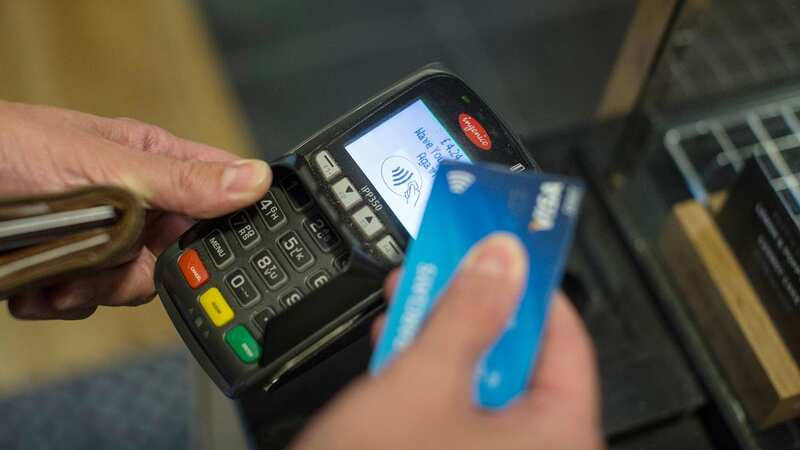Major credit card law facing the axe - what it means for you and your rights

The Government plans to scrap the current Consumer Credit Act which could see a vital part of customer protection disappear.
This vital element of the act is Section 75 - this ensures credit card companies are jointly liable with retailers if goods or services - costing between £100 and £30,000 - are not delivered.
It allows you to put in a claim for a refund through your credit card company.
This right is particularly useful if the retailer or trader has gone bust - or it doesn't respond to your letters or phone calls.
Section 75 also applies to foreign transactions as well as things bought online, over the phone, or mail order for delivery to the UK.
 Interest rates hiked to 4% in 15-year high - what it means for your money
Interest rates hiked to 4% in 15-year high - what it means for your money
The plans were announced in a publication of a Treasury consultation today.
The Treasury has not confirmed what will replace the act and is running another consultation over the next year to discuss what could be brought in instead.
Sarah Coles, head of personal finance from Hargreaves Lansdown said the move to scrap Section 75 would "unsettle" shoppers as the Consumer Credit Act had "ridden to the rescue for millions of people".
She added: "Section 75 has pulled them out of a dark hole, when goods or services haven’t been delivered, and they’ve been able to turn to their credit card company to save the day."
Sarah noted that respondents to the recent consultation showed strong support for maintaining rules similar to Section 75 although with some slight changes.
One suggested change was to improve the "clarity on transactions involving an intermediary" such as online marketplaces, rather than direct credit card and seller interactions.
Another debated point was the extent of a credit card company’s liability.
Sarah explained: "At the moment, you can pay the deposit for a holiday on your card, and as long as it’s for between £100 and less than £30,000, the whole cost of the holiday will be covered.
"A change might mean you need to put the whole lot on plastic to get the same protection."
"The rules currently also cover consequential losses. So, for example, if you bought a ticket for a concert that was cancelled, you may also be able to claim for your train ticket and hotel."
 Think twice before ordering drinks on tab - it could put your money at risk
Think twice before ordering drinks on tab - it could put your money at risk
Many respondents argued that this shouldn't be included in the new rules.
There were also questions over whether people should be able to claim from their credit card without pursuing the retailer or supplier first.
However, Sarah noted that could make reclaiming cash "more complicated and time-consuming".
Sarah also said that changes could be more beneficial to vulnerable people.
She added: "One positive development is the opportunity to consider the needs of more vulnerable people in new regulations.
"For those who wrestle with more complex calculations, there is the chance to allow information to be presented in a way more people will understand – in pounds and pence rather than using percentages.
"There’s also the chance to ditch reams of jargon, so people aren’t baffled by how their lender talks to them."
For those who face mental health struggles, Sarah said there was also a chance to revisit "Notices of Sums in Arrears and Default Notices" which can often be overwhelming for some people.
She added: "In their current form they can be so alarming they actually put people off asking for help from their lender.
"More flexibility in the language and content could allow lenders to be more sensitive to people’s needs.”
As this is a consultation, it means that there has current been no change to the Sectin 75 legislation and shoppers will continue to be protected by Section 75 for the foreseeable.
Read more similar news:
Comments:
comments powered by Disqus

































